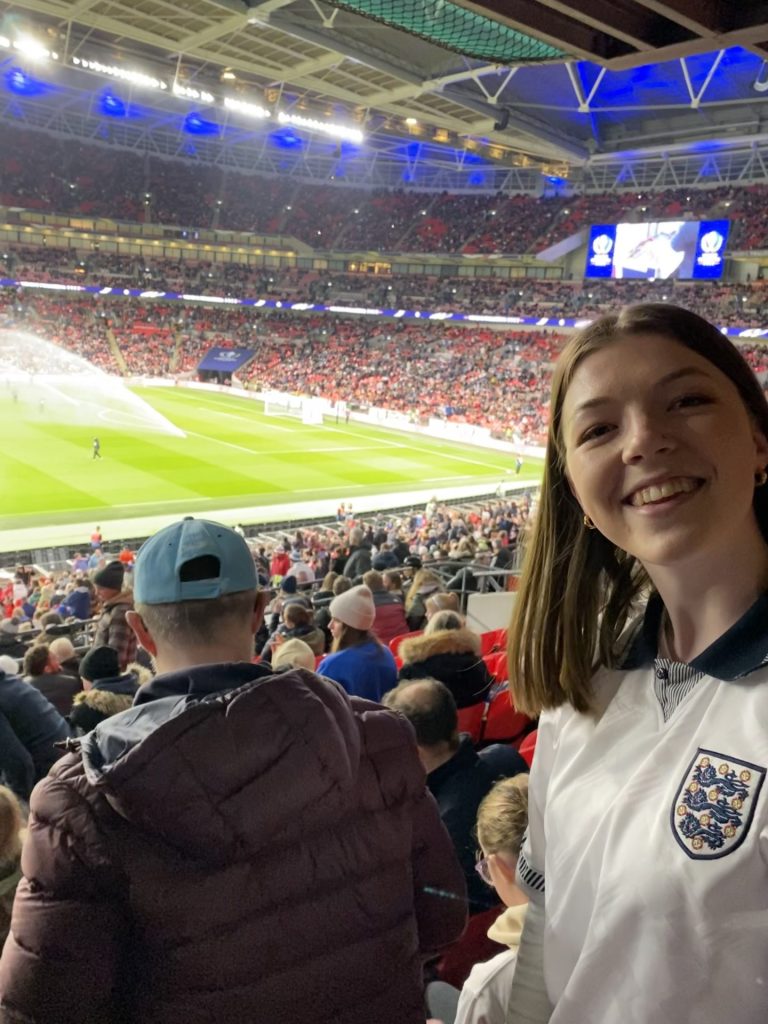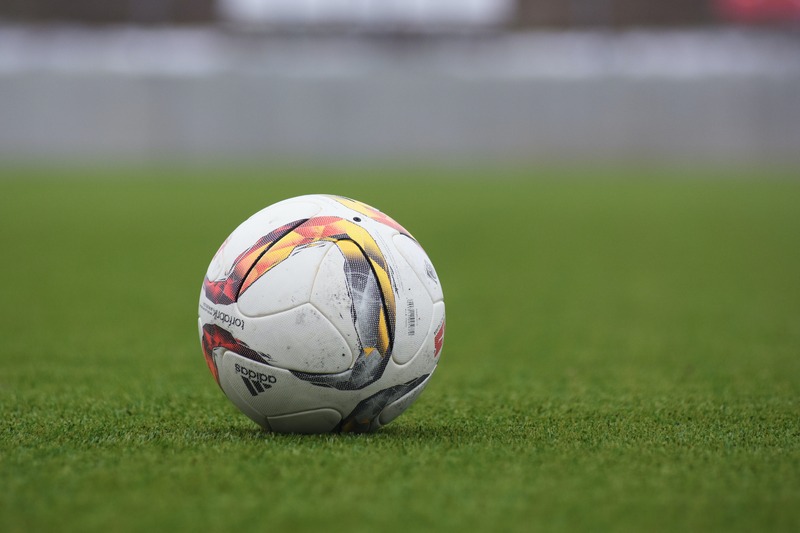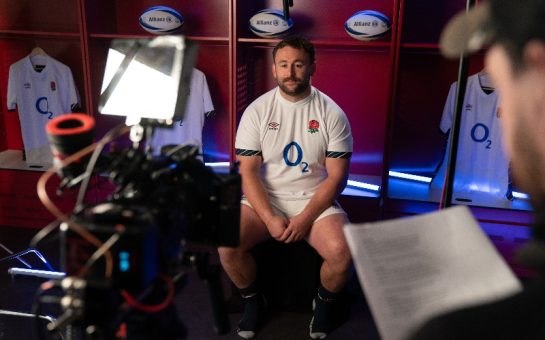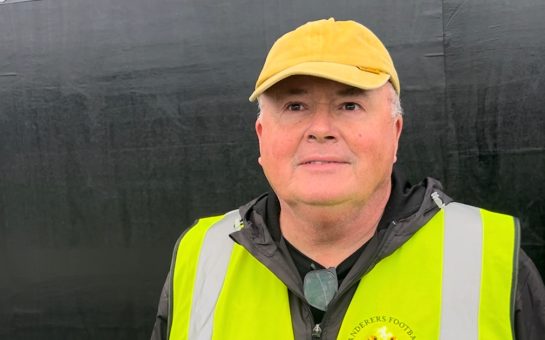Sport can be cruel. It might sound cliché, but it’s true.
I’m still haunted by the moment I fell victim to the lactate in my legs — as Sifan Hassan and Femke Bol seemingly did this weekend at the athletics World Championships — as a 12-year-old running the 100m.
I went from leading to fifth place in a millisecond. I was grazed, gutted, and embarrassed by my incredibly dramatic face plant. It was one of those moments where you do not want someone to ask if you are alright, eyes already stinging with tears.
Even if you’re just as skilled, have put in the same amount of work — more, even — it often comes down to the finest of margins, which it did in Sunday’s World Cup final.
Some of the refereeing was also very questionable. I know, cue the excuses — but Lauren Hemp certainly did not deserve a yellow card.
Spain’s Paralluelo, however, definitely did deserve a red which never materialised.
Clearly, the whole cohort of Spanish players had made time to take a GCSE in drama at some point, though. The Spanish side’s theatrics granted them several undeserved fouls.
Yet when England were being buffeted around and having their shirts pulled, the officials were nowhere to be seen.
However, you can only rant about the referees to an extent. At the end of the day, Spanish captain Carmona’s goal was one up on any of England’s close attempts, which never reached the net.
Nobody can say that our Lionesses didn’t fight till the bitter end. It’s never over until it’s over, and every England player knew that.
So did every Spanish player. La Roja knew that everything could change in a second, even in those very last moments.
Such agonising defeats — especially those on a world stage — often feel defining.
Lucy Bronze will likely be haunted by her midfield misjudgement, and it will probably take her a while not to feel defined by it.
But this is one of the best footballers in the world we are talking about. Bronze is a four-time UEFA Women’s Champions League winner, a three-time Super League winner, and a Euros-winning defender.
While the grit and hard work doesn’t always translate to titles, it also doesn’t simply dissolve into the abyss.
It translates to record TV and ticket sale records, visible role models, and widespread hope.
The final was watched by a peak audience of 12 million viewers on BBC One, and viewed 3.9 million times on BBC iPlayer and the BBC Sport website and app.

Let’s not forget this is the first time an England team — men or women — has made it to a World Cup final since 1966.
Women technically weren’t even allowed to play football in 1966. The FA only rescinded its 1921 ban almost 50 years later, in 1970.
There is still a very long way to go. It’s an atrocity that Mary, Queen of Stops’ (I wish I’d come up with that) shirt isn’t available to buy yet.
While other nations’ football governing bodies like Australia and the US pay bonuses to their players on top of FIFA payments (the FA will get £2.4 million for England placing second), the FA don’t currently offer any bonuses to players — something the Lionesses are threatening industrial action on.
England’s men would have collected £500,000 each from the FA had they won the World Cup in Qatar last year.
There is a lot to be said for showing up and persevering. Daring to hope is never a bad thing. It’s taken women’s football further than it’s ever been.
The Lionesses have made hope tangible. One loss doesn’t take away the fact that Earps is the best goalie in the world, that Toone became the first English player to score in a quarter-final, semi-final and final of a major tournament, or that it was England women’s first ever World Cup final.
So to the Lionesses, you might not have the words right now, but I’ve got two for you: thank you.
The future of women’s sport is bright.





Join the discussion